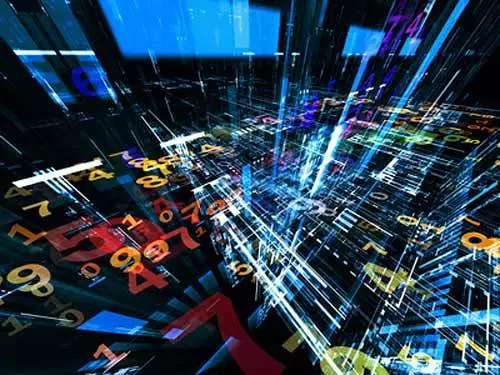
I have the worst Monday morning blues! I hate to get up from bed and go to office. So, I drag as much as possible before getting to office. Ask me to work after lunch, I get sluggish! So, when my computer starts getting listless (slows down), I feel really sad (initially) for it! It’s a device that works day in and day out tirelessly right along with us.
Ensure there is sufficient hardware space:
The first thought that strikes me is “hardware clutter” when my computer slows down. Check the drive holding the temporary files once your computer starts to slow down. Even if you have a drive with 20GB storage space, heavy files can easily eat up all the space. A simple way to delete temporary files is to go to My Computer, right click on the C: Drive and choose Properties. Click the Disk Cleanup button and check out the Temporary Files and Recycle Bin boxes to ensure you have deleted all the unwanted files.
Clean-up the desktop:
I know it is easier to save files and folders on desktops rather than saving them in My Computer or My Documents. Clean-up your desktop if it is dotted with too many files. It might be reason for your computer’s slow-up, especially when it is an old PC!
Scan your computer for errors:
OS comprises of collective files that performs various functions. There are chances for these files to get corrupted over a period of time. Your computer will slow down as a result. You have an option to scan all the files in your computer (“System File Checking”). You can examine these files and correct the corrupted files that are found.
Scan for Internet villains:
Viruses, Spyware and Adware can also bring down your computer speed. Viruses are programs created to cause minor or major problems for browsers. Adwares and Spywares are programs created by business companies to get additional information on their targeted audience to gather more information to market their products better. Commonly such programs are not designed with any malicious intent, but these programs tend to get loaded to your computer which reduces the speed of your computer.
Uninstall program that are never used:
You might have downloaded programs that you never used over a period of time. Once you install a program, it gets connected with the OS. Unused programs can also slow down your computer. Remove all the installation disks or files to make more space and speed up your computer.
Tweak the visual effects:
Adjust the visual effects on your computer for a better speed. Windows offers an assorted range of animated and fading effects. If you don’t have enough space in your computer memory, these animated and fading effects can bring affect the speed of your computer.
Don’t start programs by default:
Programs use RAM’s memory. Keep program s that you don’t use frequently from loading and Windows startup. You can boot your computer speed by doing this.
Fix your Operating System and Programs:
If you have tried all the above methods and you find no difference in your computer speed, then it is time to fix your Operating System and programs. Take a back-up of all your files and folders, wipe out your memory hardware and re-install the OS and programs. When your computer is three or more years old, this option might be the only effective way to fix the problem!
These are a few tips you can consider to speed up your old PC. However, if your PC is in a really bad condition, then the best idea is to buy a new PC!
This guest post has been brought to you by Robin Mckenzie of Buycenturylink.com, a site that offers savings and current information on consumers broadband internet and cable. Centurylink or you can go to this link to check for services in your area.









I use a program called CCleaner, it can remove temporary files and optimize the registry as well as select startup programs.
http://www.piriform.com/CCLEANER